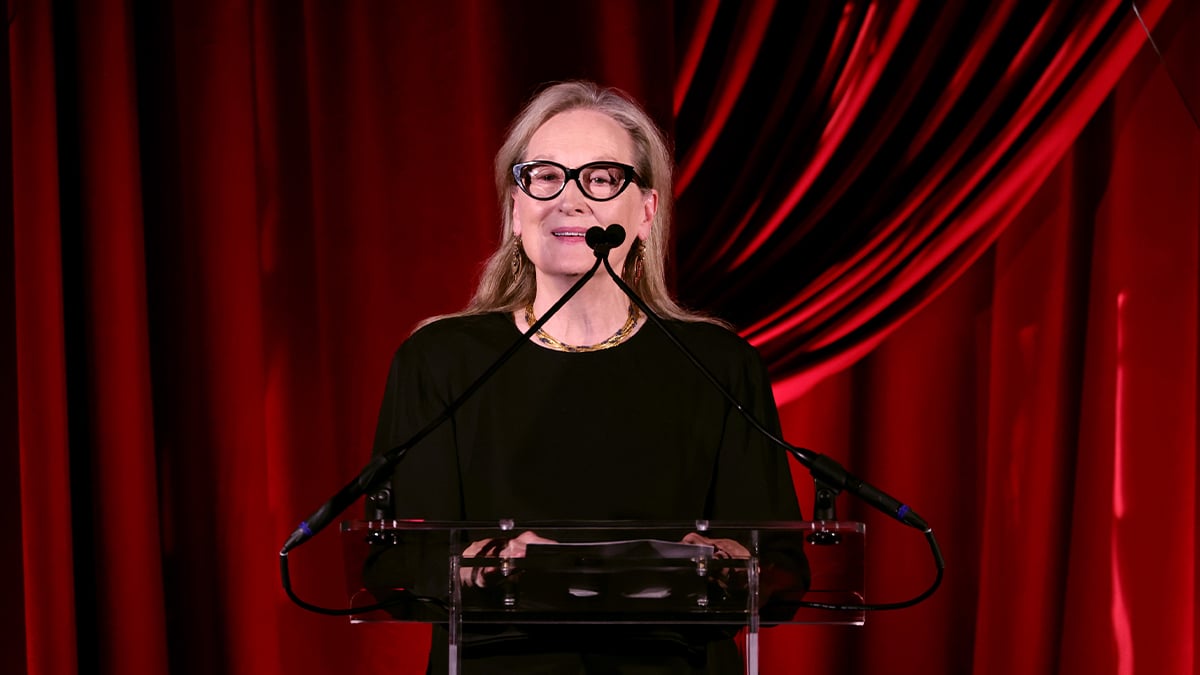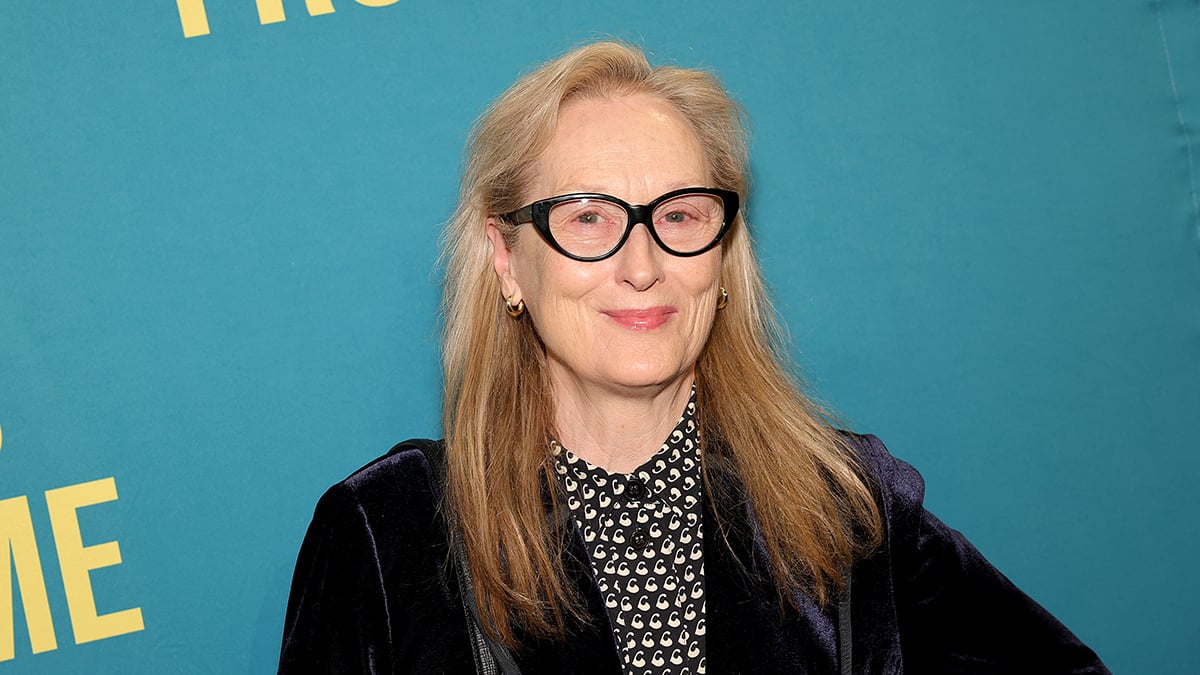Happy Birthday to the dancing queen herself, Meryl Streep! The actress turned 74 today and is better than ever, still giving us some of the best performances the screen has ever seen. That isn’t the only thing the actress has been up to in the last decade, as she also has been a key voice in calling out inequality in the industry, turning her attention to Rotten Tomatoes back in 2015 for its lack of diversity in critics. Has the site done any better since then to appease Streep?
Years before the Times Up movement came about, which saw prominent women in Hollywood demanding change and equality in their industry, Meryl Streep was already criticizing just how male-skewed one group in the industry was, the critics. Now, many industries also face this same dilemma. Much of Hollywood faces this dilemma, with way more male directors than female, and male actors still getting paid more than female actors; it isn’t hard to see why women in the industry are frustrated.
So, when a movie, which is geared towards a female audience, or an audience of color rather than towards white male-identifying audiences, is then critiqued by a white male critic and given a lower score, then it is downright maddening. In 2015 Streep stated that she had done a deep dive into the popular critique site Rotten Tomatoes and found a huge discrepancy between the number of male vs. female critics.

She claimed that the entire American movie industry was being led, and skewed, by male reviewers who were essentially dictating what movies were good and which were bad, which in turn encouraged Hollywood execs to choose films that suit their, (the white male) taste. Reported by the Daily Beast, the actress said, “The word isn’t disheartening—it’s infuriating” after discovering that 37 men were listed on the New York Film Critics site and only two women. She then turned her attention to Rotten Tomatoes:
“In the United States when people go to find a movie to watch at night, to go out to the movies they go to something called Rotten Tomatoes. So I went deep, deep, deep, deep into Rotten Tomatoes. There are 168 women. And I thought that’s absolutely fantastic, and if there were 168 men it would be balanced. If there were 268 men it would be unfair but I would be used to it, if there were 360, if there were 4… actually there are 760 men who weigh in on the Tomatometer.”
Streep hasn’t been the only actor to bring this topic up, Brie Larson made a notable jab at the issue in 2018, stating that she didn’t need “a white dude to tell me what didn’t work for him about A Wrinkle in Time. It wasn’t made for him! I want to know what it meant to women of color, biracial women, to teen women of color,” when accepting her Women in Film award. She added:
“Am I saying I hate white dudes? No, I am not. What I am saying is, if you make a movie that is a love letter to women of color, there is an insanely low chance a woman of color will have a chance to see your movie, and review your movie.”

So has this changed at all since then? In the same year Larson made the comment, Rotten Tomatoes did make a concerted effort to include more diverse voices in their critic pool. They started adding more critics to their site who are women and/or from diverse backgrounds in order to counter the very problem Streep brought up. They broadened their criteria for who qualified to be counted as a critic in order to give independent writers more of a chance.
Paul Yanover, CEO of Fandango which purchased Rotten Tomatoes in 2016, said at the time that the changes were “about editing in, not editing out” according to The New York Times. A 2020 survey saw that the changes were having some effect with 40 percent of top critics now female, a higher percentage than when Streep made her statement five years earlier, but still not exactly equal.
Perhaps if Streep does another deep dive today she will come out feeling a lot better than she did five years ago, but we are willing to bet that we still aren’t there yet, but at this point, sadly, that could be said of a lot of things.

